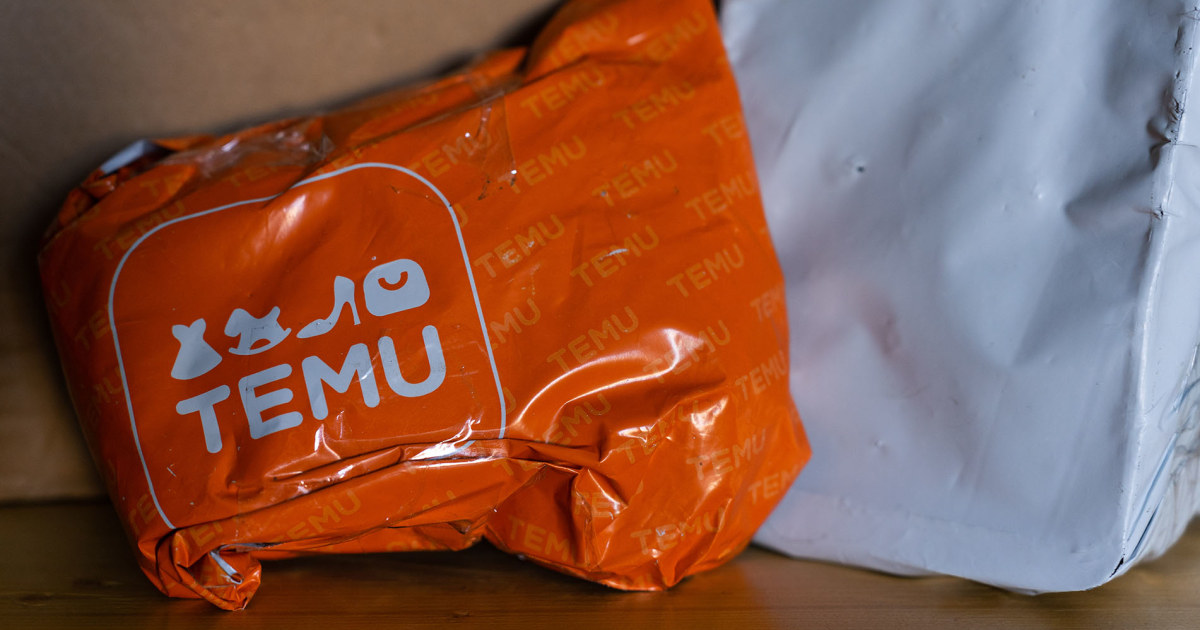Key takeaways:
- President Donald Trump announced new tariffs on imports from several Asian nations, including a 34% levy on Chinese goods, marking a significant shift in U.S. trade policy and potentially affecting international trade relations.
- The de minimis trade exemption, allowing duty-free entry for shipments valued under $800, will end on May 2 as part of a strategy to address perceived unfair trade practices.
- Starting April 9, approximately 90 countries will face additional “reciprocal” taxes on goods previously qualifying under the de minimis exemption, potentially increasing costs for American consumers and businesses and raising concerns about global trade disruptions.
In a significant shift in U.S. trade policy, President Donald Trump announced on Wednesday the imposition of new tariffs on imports from several Asian nations, including a substantial 34% levy on goods from China. This decision marks a departure from longstanding trade practices and is expected to have wide-ranging implications for international trade relations. In response to the announcement, China has vowed to implement unspecified countermeasures to protect its interests.
The new tariffs coincide with the termination of the de minimis trade exemption, which previously allowed shipments valued at less than $800 to enter the United States duty-free. This exemption will be officially closed on May 2, following an executive order signed by President Trump. The closure of this loophole is part of a broader strategy to address what the administration perceives as unfair trade practices by other countries.
Starting April 9, approximately 90 countries identified by the Trump administration as imposing unfair barriers on U.S. goods will face additional “reciprocal” taxes. These taxes will apply to goods that previously qualified under the de minimis exemption, with duties set at either 30% of their value or a flat rate of $25. This move is expected to impact a wide range of consumer goods and could lead to increased costs for American consumers and businesses.
The announcement of these tariffs has raised concerns about potential disruptions in global trade and the possibility of retaliatory measures from affected countries. Customs officials, retailers, and logistics companies have been given additional time to prepare for the changes, which are likely to affect supply chains and international trade dynamics. As the situation develops, the global community will be closely monitoring the impact of these tariffs on international trade relations and economic stability.



Be First to Comment